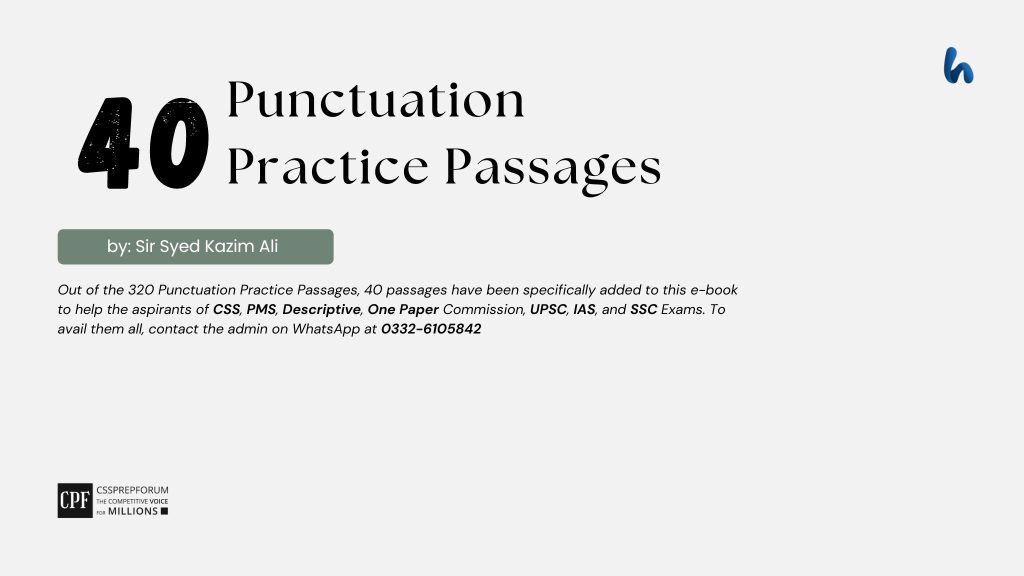Nida Muneer, a Sir Syed Kazim Ali student, has attempted the Civil Judge KPK 2024 Five Paragraph Essay “When there is no Higher Aspiration, no Story to give Meaning to Actions, Politics and Geopolitics become merely a Zero-Sum Game.“ on the given pattern, which Sir Syed Kazim Ali teaches his students. Sir Syed Kazim Ali has been Pakistan’s top English writing and CSS, PMS essay and precis coach with the highest success rate of his students. The essay is uploaded to help other judiciary and competitive aspirants learn and practice essay writing techniques and patterns to qualify for the essay paper.

When there is no Higher Aspiration, no Story to give Meaning to Actions, Politics and Geopolitics become merely a Zero-Sum Game.
Outline
1-Introduction
While higher aspirations can guide politics and geopolitics with direction and moral purpose, their absence does not inevitably reduce international relations to a zero-sum game, as practical cooperation, economic interdependence, and diplomatic frameworks can still promote stability and mutual benefit.
2-How do grand narratives and moral purpose shape political and global affairs?
- Higher aspirations, such as democracy, human rights, and collective security, have historically shaped international alliances and governance.
- Evidence: The post-WWII Marshall Plan was not solely an economic strategy but was driven by the higher aspiration of rebuilding Europe under democratic ideals.
3-Can politics and geopolitics function pragmatically without grand ideals?
- Even in the absence of higher aspirations, international relations can be shaped by pragmatic cooperation, economic interdependence, and diplomatic negotiations.
- Evidence: The European Union, despite internal ideological divisions, continues to function primarily through economic and political agreements rather than a singular ideological vision.
4-Counterargument: Without higher aspirations, doesn’t politics inevitably degrade into self-interest and zero-sum competition?
- Some argue that without guiding ideals, nations act purely out of self-interest, leading to an unstable world order.
- Refutation: While power struggles exist, history shows that states also act based on pragmatic benefits, shared security concerns, and mutual economic interests.
5-Conclusion

The Essay Begins Below!
A nation without a vision perishes, but power without purpose is equally directionless. Throughout history, politics and geopolitics have often been driven by grand narratives, whether democracy, nationalism, or ideological missions. These higher aspirations provide moral direction, unify societies, and inspire long-term strategies. However, some argue that without such ideals, political and international affairs become mere power struggles, reducing global relations to a zero-sum game where one party’s gain is another’s loss. While higher aspirations can certainly add meaning and purpose to political action, their absence does not inevitably lead to chaos and rivalry. Even without overarching ideological narratives, international cooperation, economic interdependence, and diplomatic frameworks can still function effectively, ensuring stability and mutual benefit. Thus, while ideals can guide geopolitics, pragmatic considerations often prevent it from devolving entirely into a zero-sum contest.
Higher aspirations, such as democracy and human rights, provide political affairs with direction and moral legitimacy, fostering cooperation beyond self-interest. When nations align under shared ideals, they prioritize long-term stability over zero-sum competition. For example, the Marshall Plan aimed not only at Europe’s economic recovery after World War II but also at reinforcing democracy against Soviet influence. This ideological commitment strengthened alliances and prevented exploitative rivalries. Similarly, institutions like the United Nations operate on principles of peace and collective security, promoting diplomacy over conflict. Thus, higher aspirations serve as a guiding force, shaping policies that prioritize cooperation. However, their absence does not necessarily lead to chaos, as practical considerations can still drive collaboration between states.
Even without higher aspirations, nations cooperate through economic interdependence, strategic stability, and mutual interests. While shared ideals strengthen alliances, pragmatic concerns often drive collaboration more than ideology. For instance, despite ideological opposition, China and the U.S. maintain strong trade relations, with bilateral trade reaching $758.4 billion in 2022 (U.S. Census Bureau). Their engagement is based on economic necessity rather than political alignment. Similarly, during the Cold War, the Strategic Arms Limitation Talks (SALT) facilitated cooperation between rival superpowers, ensuring stability despite ideological hostility. This proves that international relations can function without grand narratives. While aspirations provide meaning, practical benefits often drive cooperation, preventing global affairs from devolving into pure zero-sum competition.
Nevertheless, some argue that without higher aspirations, politics and geopolitics inevitably become a zero-sum game, where nations act purely out of self-interest, leading to conflict and instability. They believe that states prioritize short-term gains over long-term cooperation without a guiding moral framework, resulting in power struggles rather than sustainable progress. This perspective suggests that ideological direction is necessary to unify nations under shared goals, preventing diplomatic breakdowns. For example, the failure of global climate action is often attributed to countries prioritizing national economic interests over environmental responsibility, demonstrating how a lack of a common vision hinders progress. However, cooperation can still emerge from necessity rather than ideology. Despite ideological divisions, the Paris Climate Agreement shows that nations collaborate based on shared concerns rather than moral alignment. This illustrates that practical benefits often drive diplomacy more than aspirational ideals. Even rival states, such as the U.S. and Russia, maintain diplomatic ties for nuclear arms control, ensuring mutual stability despite conflicting political systems. Thus, while higher aspirations can inspire collective action, their absence does not necessarily lead to a zero-sum world. Nations continue to engage in diplomacy, trade, and security agreements through pragmatic self-interest, ensuring political functionality.
While higher aspirations provide direction and moral legitimacy to politics and geopolitics, their absence does not inevitably reduce international relations to a zero-sum game. History and contemporary diplomacy demonstrate that cooperation can still thrive through economic interdependence, security agreements, and pragmatic negotiations. The Marshall Plan, the Paris Climate Agreement, and U.S.-China trade relations all exemplify how nations engage in mutually beneficial cooperation even without ideological alignment. Though critics argue that a lack of higher aspirations leads to instability, practical self-interest often drives collaboration, ensuring global affairs remain functional. Ultimately, while grand narratives can inspire political action, diplomacy, economic ties, and strategic alliances prevent politics and geopolitics from descending into pure competition.

Click on Any to Start Reading



FAQs About Sir Syed Kazim Ali

CSS Solved Past Papers’ Essays
Looking for the last ten years of CSS and PMS Solved Essays and want to know how Sir Kazim’s students write and score the highest marks in the essays’ papers? Then, click on the CSS Solved Essays to start reading them.
CSS Solved Essays
CSS Solved General Science & Ability Past Papers
Want to read the last ten years’ General Science & Ability Solved Past Papers to learn how to attempt them and to score high? Let’s click on the link below to read them all freely. All past papers have been solved by Miss Iqra Ali & Dr Nishat Baloch, Pakistan’s top CSS GSA coach having the highest score of their students. General Science & Ability Solved Past Papers











